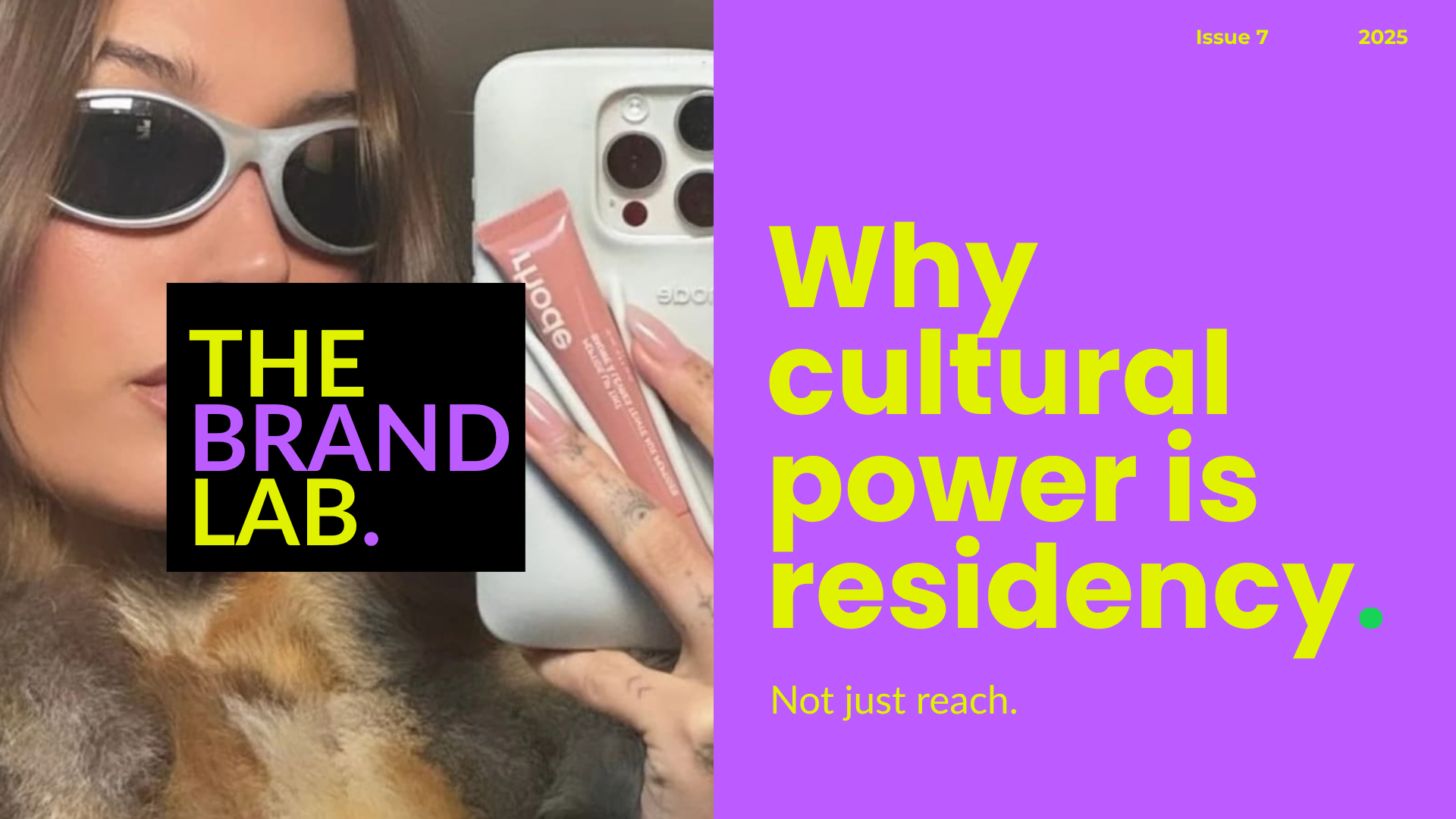This issue of The Brand Lab is sponsored by Planable, the social media management tool where teams actually collaborate, not just pass feedback around. Get instant input, approvals in one click, and a dedicated space to perfect content together.
The Shift
Sports used to be about the game. Now it’s about the story.
Across the entire world, fandom is evolving fast: people no longer follow only teams, they follow narratives. Sports are being consumed like series – bingeable, emotional, and character-driven. It’s no longer who won, but what it means.
We’re entering the Netflix era of sports, where audiences want context, emotion, and access as much as competition.
From Spectator to Subscriber
The latest research shows that fans spend as much time engaging with sports content online as they do watching the live event itself. They scroll, share, and comment, building a second screen experience that’s almost as important as the first.
This is what a recent We Are Social report calls this the new “feed fandom”: the game continues in social media timelines, where every play, meme, and interview becomes an episode in a much larger universe.
In this world, sports teams aren’t just franchises anymore, they become content engines.

The Blueprint of the Netflix Model
Just like Netflix transformed how we watch entertainment, this new model is transforming how we experience sports. Some parallels to consider:
- Serialized Storytelling → every season is a chapter, every player a protagonist. (Drive to Survive, Break Point, Full Swing proved the model.)
- Algorithmic Discovery → social platforms are the new broadcasters; TikTok’s For You page is today’s channel guide.
- Cultural Expansion → from fashion to gaming, teams and athletes now occupy the same cultural space as musicians and creators.
- Subscription Mindset → loyalty programs, exclusive access, and digital memberships are replacing traditional fandom.
Sports are no longer a weekend activity, they’re a lifestyle IP.

The New Players
- Formula 1 — thanks to Netflix, global viewership jumped by over 40% since 2019. Teams are now launching apparel, podcasts, and gaming collabs to keep the story alive between races.
- The WNBA & Women’s Football — using docu-content and behind-the-scenes access to build emotional connection first, performance second.
- EA Sports FC & Fortnite — blurring lines between play, fandom, and entertainment by turning sports into interactive universes.
- Brands like Adidas, Nike, and Red Bull — acting as broadcasters of culture, not just sponsors. They produce shows, short films, and editorial content that rival traditional media.
Why It Matters
The Netflixification of sports changes the role of brands. To connect with modern fans, you don’t buy airtime, you earn screen time.
Fandom is now fragmented, nonlinear, and platform-native. The winners will be those who build ecosystems and stories that unfold across channels, merch that extends meaning, and experiences that feed the binge.
Sports marketing is no longer about exposure. It’s about immersion.
The Takeaway
The next decade of sports won’t be measured in viewership, but in belonging. The brands and teams that understand this will shift from campaigns to content universes, from ads to arcs.
The game has already changed. And meaning is now the main event.



